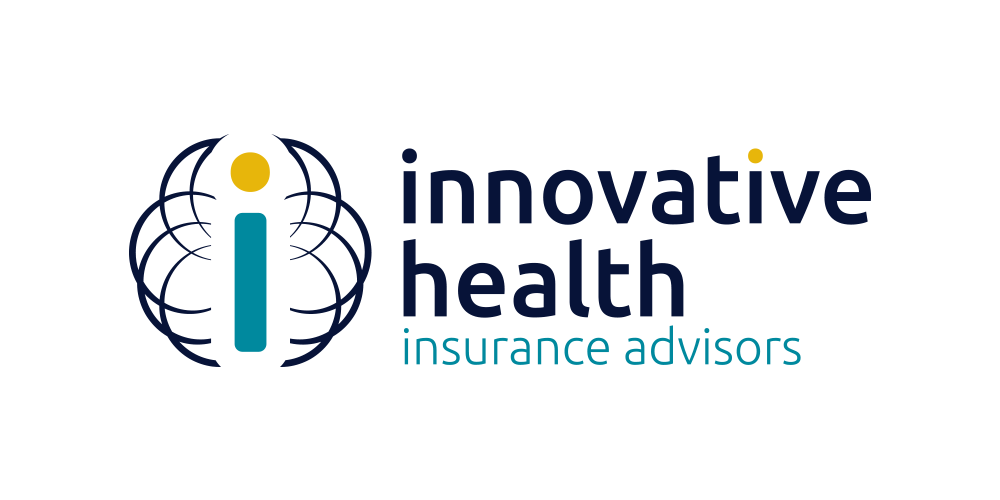ACA is a moving target again and Factual Knowledge is Key in this ever-changing environment.
State residents of California who failed to obtain health coverage during the 2020 tax year could see a penalty notice from the state as a part of the Individual Mandate.
California’s Individual Mandate first went into effect in January 2020 and requires all state residents (including dependents) to obtain minimum essential health coverage or face a penalty. California residents will need to include their health coverage information on their 2020 tax returns when they file this year.
The California Individual Shared Responsibility Penalty (ISRP) is either a flat penalty per household member or 2.5% of gross household income that exceeds California’s filing threshold, whichever is higher.
California state residents that fail to obtain adequate health coverage for the entire duration of the 2020 tax year will be subject to a penalty of $750–multiplied by a cost of living adjustment–per adult and $375 per child this year. A married couple could pay a penalty as high as $1,500 and a family of four could see penalties above $2,250. State residents interested in seeing their estimated penalty for the 2020 tax year should review the Individual Shared Responsibility Penalty Estimator.
One way the state identifies individuals who have not complied with California’s Individual Mandate is through the issuance of Form 3895C.
Form 3895C, issued by the Franchise Tax Board and prepared by California’s Health Insurance Marketplace, requires additional reporting obligations for employers that offer self-insured health plans, specifically on who was enrolled in health coverage. Draft instructions for Form 3895C can be viewed here. The information must be furnished to employees by January 31, 2021, and filed with California’s Franchise Tax Board (FTB) by March 31, 2021.
Some California residents will be exempt from penalty assessments, including individuals whose income is below the tax filing threshold, are a member of a health care sharing ministry, or are incarcerated. A full list of residents exempt from an individual penalty assessment can be found here.
And remember, California’s Individual Mandate is still in effect this year, residents that fail to obtain adequate coverage in 2021 will face penalty assessments in 2022.
California is not the only state to have implemented its own individual mandate, other jurisdictions, including D.C., Massachusetts, New Jersey, Rhode Island, and Vermont have also introduced their own legislation as a result of the Trump administration zeroing out the federal mandate at the beginning of 2019. Many of these states also have implemented penalties for residents that fail to obtain health coverage, in addition to ACA reporting requirements for employers. These are reporting requirements in addition to those of the Federal Employer Mandate, which need to be submitted annually with the IRS.
What’s important for employers to note regarding Individual Mandate activity is the recent events that have taken place in Washington. With the Biden administration now in office and a Democrat majority in Congress clinched by the Senate runoff elections in Georgia, there is speculation that the federal Individual Mandate penalty could be reinstated.
This move would force everyone in the U.S. to obtain health coverage that meets coverage and affordability standards or face a penalty. The reinstatement of the Federal Individual Mandate penalty would undoubtedly cause more Americans to enroll in coverage and could have two effects on employers:
- It may cause more employees to choose to enroll in employer-sponsored healthcare coverage plans.
- It could force employees to go to a state or federal healthcare exchange and apply for a Premium Tax Credit (PTC) to receive healthcare coverage.
The latter could create bigger risks for penalties for employers in complying with the ACA’s Employer Mandate.
Under the ACA’s Employer Mandate, Applicable Large Employers (ALEs), employers with 50 or more full-time employees and full-time-equivalent employees, are required to offer Minimum Essential Coverage (MEC) to at least 95% of their full-time workforce (and their dependents) whereby such coverage meets Minimum Value (MV) and is affordable for the employee or be subject to Internal Revenue Code (IRC) Section 4980H penalties.
As a reminder to employers, when an individual applies for a PTC through a state or federal health exchange, the employer is flagged to the IRS and triggers the issuance of Letter 226J penalty notices to employers identified as having failed to comply with the ACA’s Employer Mandate for a specific tax year. The IRS is currently issuing Letter 227J penalty assessments for the 2018 tax year.
While there is uncertainty around what the Biden administration will do regarding the federal Individual Mandate, residents of California and several other states will need to be sure they obtain health coverage moving forward if they want to avoid a penalty.
Employers that have operations in these states are likely facing a myriad of challenges complying with both state and federal ACA reporting requirements. Contact us to learn about our full-service solution, ACA Complete, and see how we can help employers like you comply with state and federal ACA reporting requirements.
If you’re unsure of your group’s current ACA compliance status or are in need of creative, compliant solutions contact us today and learn more.


